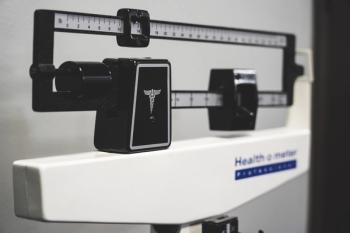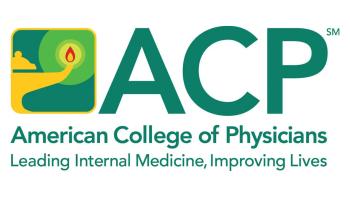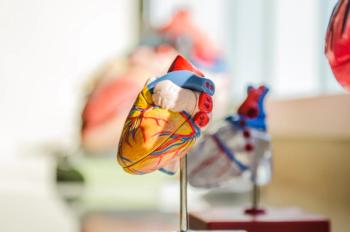
Is Pre-Cut Salad More Prone to Salmonella Contamination?
Researchers have found evidence that pre-cut bagged salads may encourage Salmonella colonization.
When it comes to the possibility of food poisoning, people are becoming increasingly aware of the kinds of food that are likely to put them at risk, such as undercooked meat, eggs, or seafood. However, not many people are aware that sometimes what appears to be the healthy choice at the supermarket, purchasing bagged pre-cut salad for instance, could also put them at risk for food poisoning, particularly Salmonella.
Researchers from the University of Leicester in the United Kingdom have found that not only is there a potential for Salmonella growth in these salads, but the juices that accompany the leaves within bagged salads actually encourage Salmonella colonization, according to a
The first thing that the researchers did in their
In order to get the “pure juice,” the researchers used a pestle and mortar to grind the leaves, followed by filter sterilization. The researchers wanted to find out if the salad juices could actually encourage Salmonella colonization. Dr. Freestone
They found that the salad juices more than doubled the movement “of individual Salmonella bacteria, abetting salad leaf colonization,” according to the press release. Doctoral student and author of the study, Giannis Koukkidis, said that the juices worked to stimulate the growth of Salmonella; when Salmonella came into contact with the juices, it was able to “aggressively” adhere to the plastic bag holding the salad and the salad leaves through the formation of microbial biofilms. Once attached, these biofilms are incredibly hard to remove from the surfaces they coat.
Over the course of the study, the researchers made another surprising revelation: over a 5-day period—which is the typical amount of time that people tend to store bagged salads in their refrigerators—100 individual Salmonella bacteria multiplied to around 100,000 individual bacteria. Dr. Freestone commented that “textbooks say that food-borne pathogens, like Salmonella, actually prefer the temperature of their host, which is 37 degrees [Fehrenheit,” but the salad juices incited Salmonella growth in the refrigerator.
Due to the fact that salad leaf crops are grown outside, through exposure to insects or excrement (namely manure or bird excretion), they have the potential of being exposed to Salmonella. These findings are especially concerning to microbiologists and the food industry. Although researchers say that Salmonellosis infection is uncommon via the salad leaves, it remains a public health concern; this shows that current prevention strategies—leaf washing, good hygiene, clean water irrigation—are not always effective.
“The idea that you can also get food poisoning from the salad garnish and not from the chicken main course is a new one and I think the public does need to be aware now that there is potentially a food poisoning risk associated with salad leaves. It’s a very rare one, but nonetheless, it has to be considered,” Dr. Freestone added.
According to Dr. Freestone, the priority now, for microbiologists and salad growers alike, is to find effective ways to prevent food-borne pathogens like Salmonella, from entering the salad bag at all.
Newsletter
Stay ahead of emerging infectious disease threats with expert insights and breaking research. Subscribe now to get updates delivered straight to your inbox.

































































































































